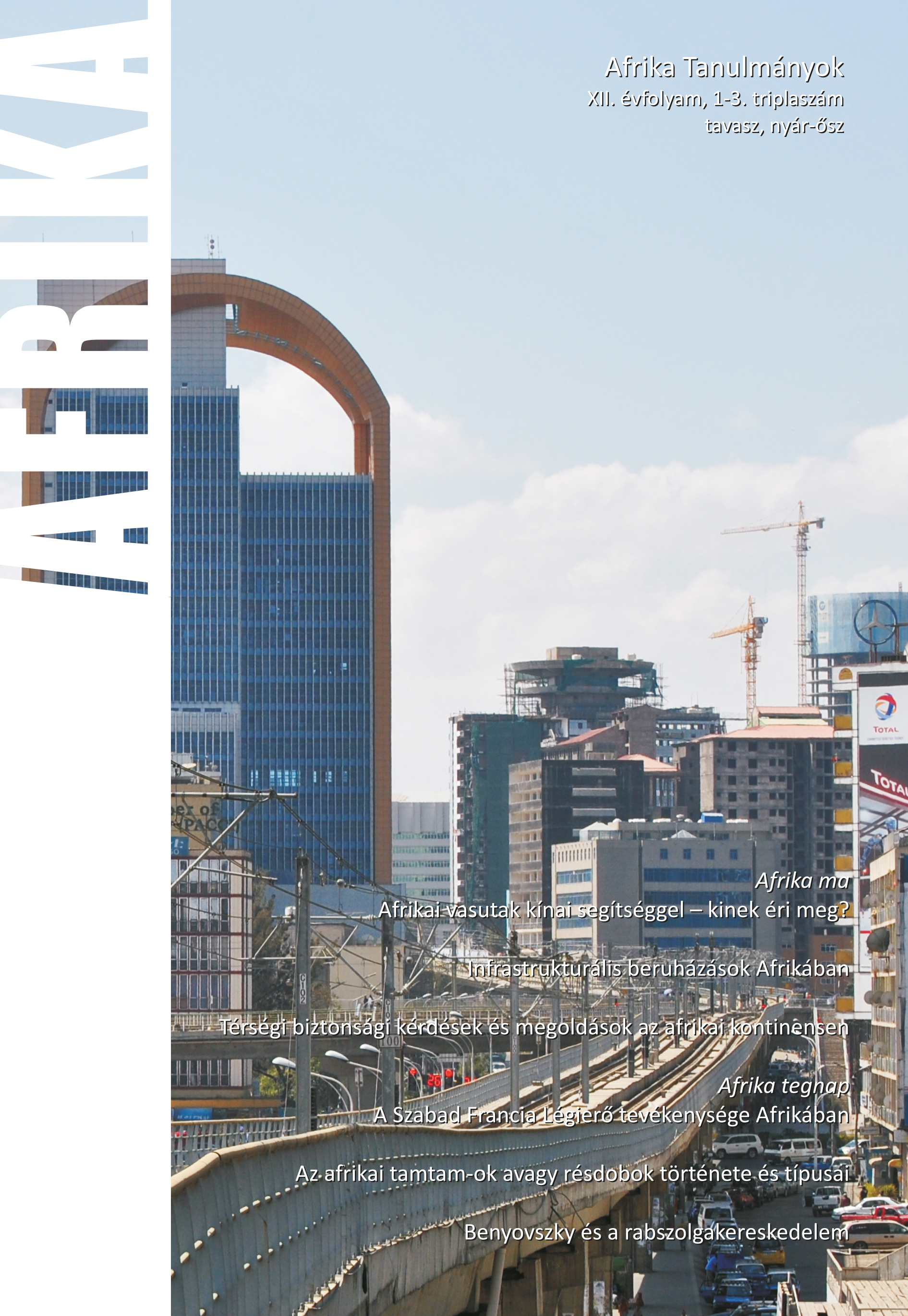Southern opening – Turkish soft power in Sub- Saharan Africa
DOI:
https://doi.org/10.15170/AT.2018.12.1-3.2Abstract
This article discusses the relations of Turkey with Sub-Saharan Africa from political, economic and cultural points of view. The focus is laid on the performance of Turkish institutions on African ground, assessing not only governmental, but also humanitarian and civil initiatives. The nongovernmental factors are especially important with regard to Turkish African policy: the so-called Anatolian tigers and their associations both within the Justice and Development Party (from 2002
onwards) and outside the scope of traditional state diplomacy exerted their influence on the political activity of Turkey in general and in “newly discovered” territories such as Africa, in particular. This new, globalized middle class formed the most important social and economic motivations behind the Turkish opening to Africa creating space for public diplomacy and thus contributing to the democratization of Turkish foreign policy.
With regard to Africa, Turkey is the most active donor of the world proportionately to its economic performance. Several Turkish organizations (TİKA, İHH, Diyanet Vakfı, TUSKON, MÜSİAD, Kızılay, Hizmet) work in the fields of humanitarian assistance and development aid. They try to make benefit from cultural and religious proximity thus relying on direct connections with the locals and convey services of Western standard without Western attitude.
Downloads
Published
How to Cite
Issue
Section
License

This work is licensed under a Creative Commons Attribution-NonCommercial-NoDerivatives 4.0 International License.


